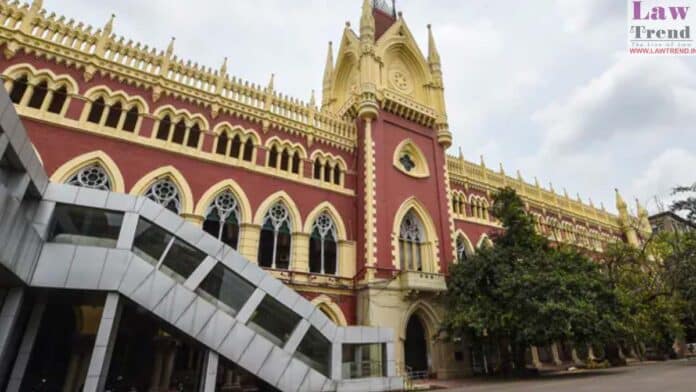In an attempt to address the growing backlog of cases, the Calcutta High Court is considering a significant alteration to its holiday schedule for 2025. The proposal, which is currently under review, suggests eliminating the customary seven-day recess that spans between Lakshmi Puja and Kali Puja. Traditionally, the court has been closed during this period, but the proposed dates for staying open include October 9, 10, 13, 14, 15, 16, and 17.
This proposal was put forth by the four-judge Special Committee on High Court Holidays, consisting of Justice Harish Tandon, Justice Soumen Sen, Justice Jaimalya Bagchi, and Justice Tapabrata Chakraborty. The committee aims to align the court’s working days with the Union Ministry of Law and Justice’s directive, which mandates a minimum of 222 working days for high courts across the country, as a measure to reduce the judicial backlog.
Currently, the Calcutta High Court is scheduled for 212 working days in 2025. The increase to 222 days, as suggested by the committee, could significantly impact the rate at which pending cases are heard.
The proposal has met with a mixed response from the legal community. While one lawyers’ association has supported the increase in working days, two other prominent organizations have opposed the reduction of holidays. The High Court Bar Association and Bar Library Club, in particular, have argued that a reduction in holidays during the Puja period is not the solution to the backlog problem. They suggest that the appointment of more judges would be a more effective measure, pointing out that the sanctioned strength of 72 judges for the High Court has not been met for some time.
Additionally, the Special Committee has suggested keeping the court operational on the first and third Saturday of every month if the Puja break is not shortened. Such adjustments would represent a significant shift from traditional practices, as the court has historically been fully operational between Lakshmi Puja and Kali Puja only in emergency circumstances, with vacation benches assembled during other holiday periods to address urgent matters.
The debate over the proposed changes is ongoing, and the final decision will be determined by the full bench of the High Court after consulting all relevant stakeholders. The outcome of this proposal will likely set a precedent for how the judiciary balances tradition and functional necessity in tackling case backlogs.




